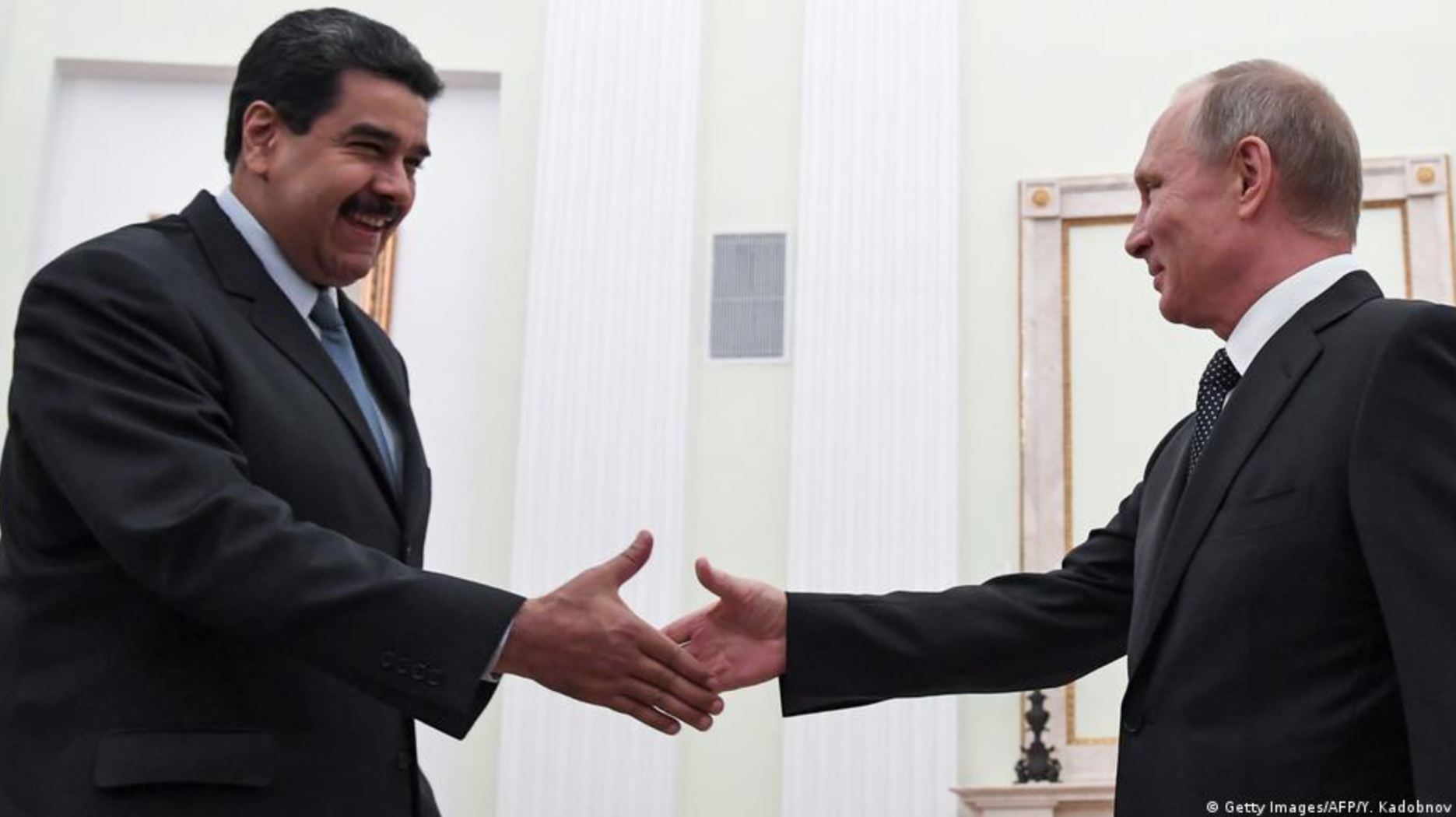Coauthor María Isabel Puerta Riera
In Latin America, positions that frankly support or minimize criticism of the Kremlin’s agenda are in good health. In the region, the main political supporters of the Russian invasion are the regimes of Cuba, Nicaragua, and Venezuela.
The governments of Chile, Argentina, and Mexico hesitated at the beginning of the war against Ukraine to signal their rejection of the invasion. They advocated a peaceful resolution. More recently, Mexico and Colombia have proposed a negotiated solution to the conflict. This has generated — as expected — an immediate rejection from the Ukrainian government. In the Mexican case, the neutral position of the Executive has contrasted with the actions of condemnation against the invasion promoted and signed by its representatives before the UN.
The “pacifist” position
After the electoral triumphs of Gustavo Petro and Luis Inácio Lula da Silva, a certain “pacifist” stance has become common. Behind generic condemnations of the Russian invasion, it expresses what Armando Chaguaceda has defined as calculated ambiguity.
Even though Petro wields a position of respect for the sovereignty of the peoples, he has shown ambiguity at a time when a firm position is expected in the face of the aggression perpetuated by the Kremlin against Ukraine’s sovereignty. For his part, Lula is giving continuity to Brazil’s position of “neutrality” set during Bolsonaro’s government, and they recently coincided in the refusal to transfer arms to Ukraine and to issue a firm condemnation of Russian aggression (as did Bolsonaro). This, of course, has been interpreted as tacit support for Putin.
Various Latin American media — with closeness to the Kremlin’s communicational platform — continue to be fundamental allies for the positioning of the Russian version. The justifications put forward by Vladimir Putin, through his unofficial spokesmen in the Russian media, reveal the connection and contribution of allied media in Latin America to Moscow’s manipulation strategy.
After the outbreak of the war, the main argument put forward was the danger of NATO expansion in view of Ukraine’s possible accession to this organization. Subsequently, this gave way to other justifications. Some of these, even though they may seem absurd (such as denazification), have not ceased to be part of the communicational construction replicated by local media in the American continent. We have observed how the framing of the news coincides with that of the official Russian spokespersons, although this is not the reality. The problem remains that the Latin American audience is unaware of the nature and intention of what is being sold as news.
Latin American audience
Russian influence has deepened in Latin America. It also has the support of Chinese and Iranian media, which have supported the positioning of the Kremlin’s narrative. This has been key to helping mitigate the loss of reach following the suspensions of RT and its affiliates in some media spaces. Among the Latin American pro-government media outlets that repeat the matrices generated by their Russian counterparts are Telesur and Prensa Latina.
As pointed out by the DFRLab of the Atlantic Council, RT en Español is among the first five media with the highest positioning in the networks. On the other hand, the Chinese official media Xinhua is in second place among the most consulted media on Facebook. RT continues to be one of the most consulted media on Twitter, after Infobae and El País, and the sixth on Facebook.
What these indicators show us is the consumption and legitimization of propaganda machines among an audience that does not distinguish the ownership and agenda of the media or the nature and intention of the message it receives. That is why it is important to know that in Latin America there are media and audiences replicating -without being allies of the Kremlin- its narratives.
Narratives in the networks
In turn, social networks in the region are a privileged space for the dissemination of pro-Russian narratives on the conflict, given the impact of the decline of RT broadcasts on traditional platforms, as well as audience preferences.
There is also a tendency to perceive the content offered by these narratives as trustworthy. All this is in the face of the decline of war news in Western media and local newscasts. The strategy followed by RT and allied media of content positioning, as well as the use of novel methods, fresh faces, and local journalists with a critical trajectory with the governments in power seems to favor this trend.
In this scenario, Latin American media are debating between a “neutral” coverage or one that could be interpreted as supportive of one of the blocs in conflict. This could be the argument behind the justification for the scarce coverage of Mexican media where the context of domestic violence or the “neutrality” of the Mexican government itself simplifies the need to invest resources in a task that other countries and media with greater infrastructure can assume, among them, the media associated to one of the parties in the conflict, such as RT in the region.
Latin America, a fertile ground for the Kremlin?
One of the most frequent elements in the narrative of the Kremlin, and part of the explanation for its acceptance in Latin America, has to do with anti-imperialism that denounces the hegemonic presence of the United States in the region. From this “anti-imperialist” perspective, the support in the region for the Russian invasion and the popularity of media perceived as counter-hegemonic is interpreted as a logical reaction, even though it represents a contradiction.
The convergence of these ambiguous positions of governments and conscious or intentional collaboration in the dissemination of narratives by media and audiences makes Latin America fertile ground for the Kremlin’s discourse.
*Text originally published in Diálogo Político
María Isabel Puerta Riera is a visiting Professor of Political Science at Valencia College (Orlando, Florida). Ph.D. in Social Sciences from University of Carabobo (Venezuela). Secretary of the Venezuelan Studies Section of the Latin American Studies Association (LASA).
Translated from Spanish by Janaína Ruviaro da Silva











